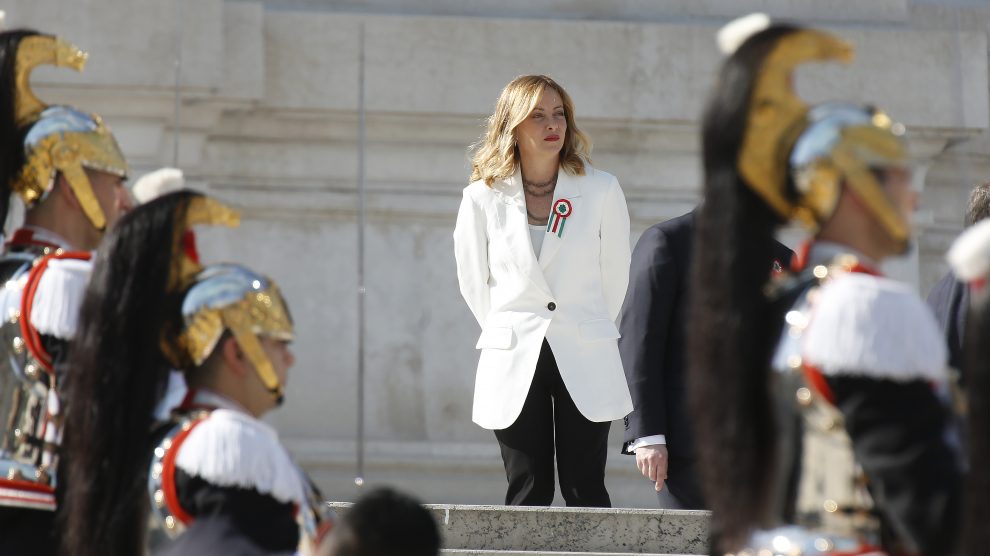Italy’s stance. In the run-up to the EU’s long-term budget (MFF), the Italian government agreed to seek dedicated external funds for Ukraine and border control, push for greater flexibility in “external action” spending, support defence eurobonds, co-finance flagship space programmes, and adopt a cautious approach to the web tax amid US pressure.
- On Tuesday, the Cabinet’s interministerial committee for European Affairs, led by Minister Tommaso Foti, debated Italy’s upcoming EU budget demands.
- Foti invited written proposals by Thursday to integrate into the initial 12-page non‐paper, Il Fatto Quotidiano reported.
- “Italy’s position is now defined,” he said, “and the real negotiations begin in early July.”
Ad hoc funds. Rome will press Brussels for “ad hoc external funds” outside the MFF envelope to finance:
- Ukraine and the Middle East: Special facilities to support reconstruction and stability without cutting cohesion budgets.
- External Border Control: A separate Mediterranean instrument to bolster partnerships with third countries—explicitly requesting non‐conditional aid to North African states such as Tunisia.
Defence Eurobonds and space programmes. The committee also touched on Europe’s defence fund.
- Foreign Minister Tajani backed pushing for EU‐issued eurobonds to finance joint defence, while Transport Minister Matteo Salvini warned against new debt.
- On space, Italy will insist that the Competitiveness Fund co-finance flagship EU space initiatives—reflecting its recent distancing from Elon Musk’s Starlink and alignment with like-minded allies.
The Web Tax conundrum. Economy Minister Giorgetti flagged US objections to Italy’s digital services tax.
- He noted the lack of a harmonised EU approach and cautioned that scrapping the levy could defuse a looming diplomatic spat with Washington.





